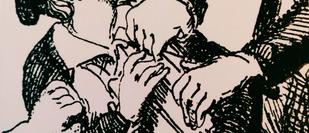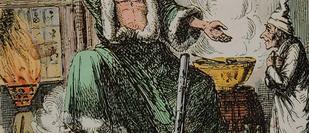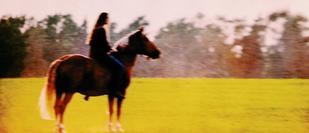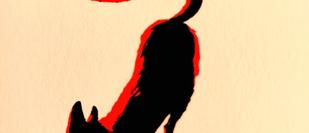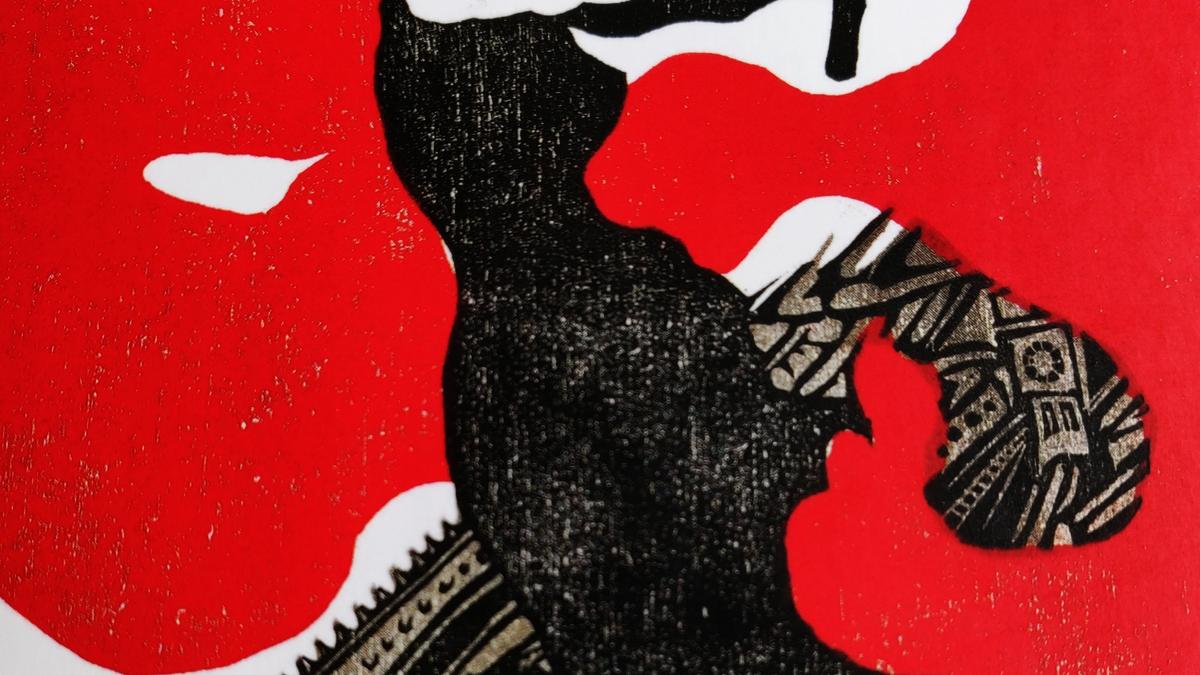
Les Miserables by Victor Hugo
Every January, me and my good friend over on Instagram @fictionaddictionangela read a big book. For the last 2 years we have chosen Leo Tolstoy, but all of the chapters about ploughing got to us, so this year we picked a different author - Victor Hugo
Read my review of War and Peace by Leao Tolstoy
Read my review of Anna Karenina by Leo Tolstoy
Now, before reading this I was one of the 12 people who had not seen the Oscar winning film of the same name, and during the reading of the book decided to watch it. This was a fascinating thing to do, the movie was great, and it was interesting to see where the movie makers had placed emphasis on certain key events in the book. But as this is a book blog, not a film blog, let's get on with the review shall we?
The Plot
Les Miserables or 'The Wretched' is Victor Hugo's epic novel of redemption, sacrifice, love and suffering. It tells the story of ex-convict Jean Valjean, who has spent 19 brutal years in chains after stealing a loaf of bread. Saved by an act of Christian charity, he is then offered a chance of happiness when he encounters the downtrodden Fantine and vows to rescue her daughter Cosette - but is constantly pursued by the implacable policeman Javert, who will not let him escape his past. An instant bestseller on publication in 1862, Les Miserables weaves together individual stories with real-life historical events to create a rich, imaginative drama of human life.
My Thoughts
The first thing that struck me about the novel is how very readable it is Hugo writes like we are having a conversation. He is relaying a story, but weaves in anecdotes, stories, little bon mot about the characters, places and events. It is eminently readable, and makes for a dense read. By this, I mean it takes half an hour to read 10 pages, but it works. And each anecdote feels relevant and interesting.
For example, we spend 200 pages learning about Monseigneur Bienvenu, (who barely features in the film) and who has a profound influence on Jean. Just as if I were talking to you about someone I know, I might relay these stories and misadventures providing a full picture. It never feels overdone.
Just as Tolstoy, Hugo provides his opinion about the conditions of the day, the squalor and lack of opportunity, food and care for the poor. Unlike Tolstoy, this is not done to death.
The characters are wonderful, especially our anchor Jean Valjean. We journey with him through his agonies of conscience, witness his care and love for Cosette and the many sacrifices he makes for her. He is simply marvellous.
Cosette and Marious are fired by love and passion. Though Marius' eyes we witness the brutality of revolution and the need to believe in a better world. At times he seems idealistic, but when faced with soldiers, guns, blood and sweat, stands up for what he believes in.
It is a long book, but do not be put off by this, as it is expansive and immersive. I very much enjoyed this, and reading this with Angela. Even better there wasn't a plough in site.
I will be back towards the end of this week with a lovely tale about one of my favourite authors.
